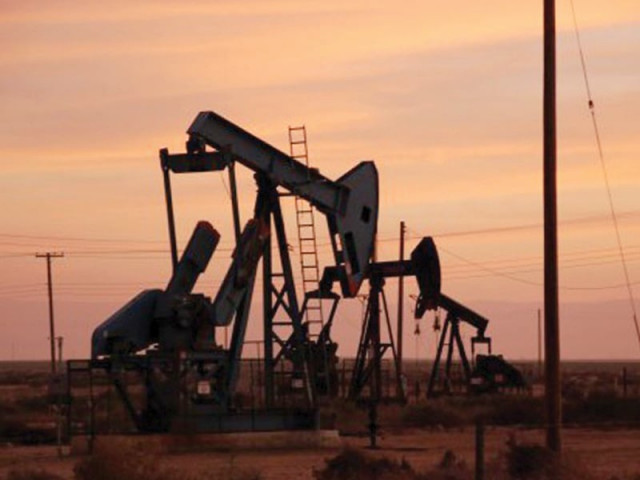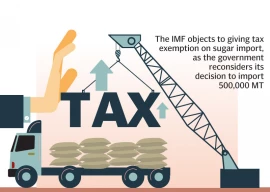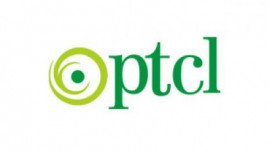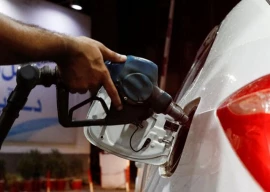
The oil industry is looking towards getting a free hand to determine prices as it attempts to move from a partially regulated to a fully de-regulated regime.
It has been learnt that oil companies had approached the prime minister and called for a new long-term product pricing formula to ensure an adequate rate of return for existing and new projects. The industry has also called for continuous improvements in the refining capacity of the country to aid in the production of environment-friendly products, sources informed The Express Tribune.
The attempt might put the masses at the mercy of a cartel of oil marketing companies and revives memories of the Musharraf regime when the Oil Companies’ Advisory Committee (Ocac) was given power to fix prices from 2002 to 2006, added sources.
“This may lead to another scandal, like the one that emerged during the Musharraf regime,” said sources, adding that the previous scandal had prompted the National Accountability Bureau (NAB) to undertake a probe but action was not taken due to the influential oil lobby.
Ocac Chairman Adil Khatak confirmed that the oil industry had made the request, asking the government to move to a full deregulation of oil pricing. He said that the government was currently regulating the prices of some products, while a few were still deregulated.
“The government should move to a complete deregulation of oil prices,” he said, adding that there would be no repeat of the 2006 scandal.
“After this, there would be no role of the Oil and Gas Regulatory Authority. However, it would have to be proactive so that there is no cartel and consumers’ interests are looked out for.”
He said that the oil industry had also demanded the government that new projects of oil refineries should be given a 10-year tax holiday to attract investment.
“A full de-regulation of the ex-refinery pricing structure should be introduced,” said industry officials, adding that the 10-year income tax exemption should be considered due to the capital intensive nature of refinery expansion projects.
What the oil refineries failed to tell the present government is that they have been charging a duty to set up the upgradation projects since 2002. However, they have been unable to set them up despite getting Rs150 billion from consumers. These refineries were to set up plants in 2010, but pushed the government for an extension till 2012, then 2014 and now December 2015.
“Current import duty on equipment for expansion/upgradation projects for refineries is at 5%, and as projects in petroleum industry are highly capital intensive, this should be abolished,” a member of the industry said.
Industry officials also said that investors should set up ‘only deep conversion refineries of internationally acceptable economical sizes and develop valuable petrochemical productions’.
“Capacity incentive for new refineries of 100,000 barrels per day or higher should also be considered,” they said, adding that the petroleum levy collected on product sales should be directed for the improvement of petroleum infrastructure, supporting of public private partnerships or use for providing incentives to the refinery sector for environmental projects.
“Naptha exports are taxed at 1% as final tax and this tax should be abolished as Naptha is exported at a considerable loss,” industry officials said, adding that the rate of turnover tax should be reduced to 0.2% from 0.5% in line with distributors of pharma, fertiliser and consumer goods.
The officials also said that oil refineries and oil marketing companies should be allowed to hedge their foreign currency obligations or enter into forward exchange contracts to protect against any exchange losses due to time lag in payments and receipts.
Attempt to contact Ministry for Petroleum and Natural Resources secretary went in vain.
Published in The Express Tribune, November 26th, 2013.
Like Business on Facebook, follow @TribuneBiz on Twitter to stay informed and join in the conversation.


















COMMENTS
Comments are moderated and generally will be posted if they are on-topic and not abusive.
For more information, please see our Comments FAQ